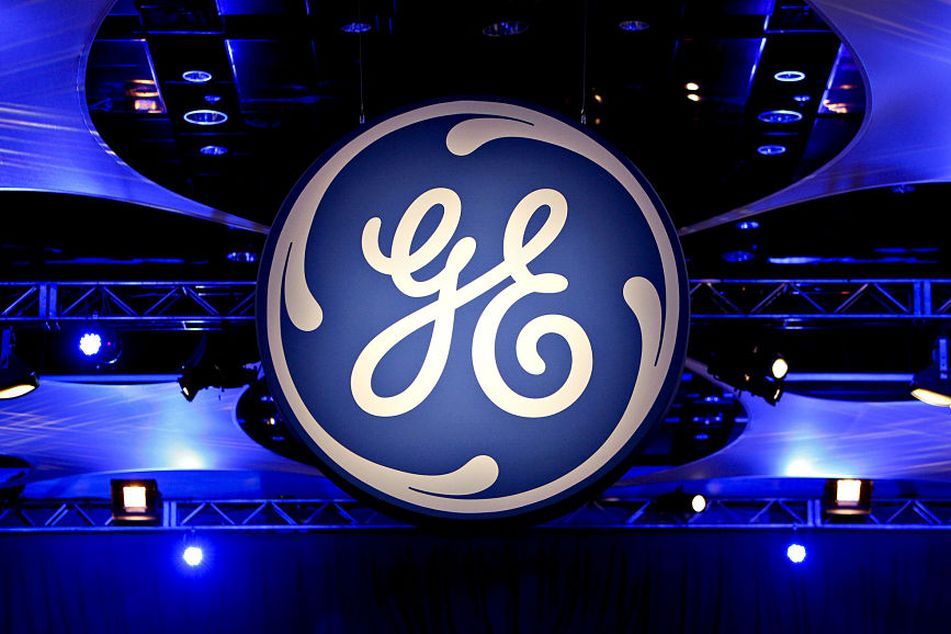GE plunges as Madoff accuser slams its accounting

Harry Markopolos estimates GE needs to boost reserves by $18.5 billion for long-term care insurance portfolio
General Electric Co. fell the most in nearly four years after a prominent expert working with a short seller accused the company of an “accounting fraud” masking tens of billions of dollars in liabilities. The company called the claims “meritless.”
Harry Markopolos, who had raised concerns over investment manager Bernie Madoff before his fraud was exposed, said GE will need to increase its insurance reserves immediately by $18.5 billion in cash — plus an additional noncash charge of $10.5 billion when new accounting rules take effect.
GE is also hiding a loss of more than $9 billion on its holdings in Baker Hughes, an oilfield services company, Mr. Markopolos said.
“These impending losses will destroy GE’s balance sheet, debt ratios and likely also violate debt covenants,” Mr. Markopolos wrote in a report Thursday. “GE’s cash situation is far worse than disclosed in their 2018” annual report to regulators.
Long-term care insurance
To calculate the $18.5 billion figure, Mr. Markopolos compared GE’s reserves for its long-term care insurance portfolio to those of Prudential Financial Inc.
The business has been difficult for virtually every company in the market. The policies, which emerged in their modern form in the 1980s, cover health-related costs that may not be paid by Medicare or standard health insurance, such as nursing home stays and visits by home health aides.
The products were undermined by faulty assumptions, such as how long people would live and how expensive their care would be. Meanwhile, insurers were burned by lower-than-expected returns on bond portfolios backing the obligations.
GE has said that the new insurance accounting standard, which it called a “complex change,” could “materially” affect its financial statements. The Financial Accounting Standards Board has announced new guidelines that would tweak how companies account for certain insurance contracts such as long-term care policies. The board has endorsed delaying implementation of the new standards by one year to 2022.
Last year, GE disclosed a $6.2 billion charge tied to old insurance policies for long-term care. It also said its finance unit would pay $15 billion over seven years to fill a shortfall in reserves.
[More: Insurers pivot amid declining interest rates]
Efforts to regain investor trust
The allegations complicate GE CEO Larry Culp’s efforts to regain investor trust following years of strategic missteps and stock declines at the maker of jet engines and gas turbines. Since taking the helm in October, he has sought to reduce risk in the finance operations, fix the power-equipment unit and stanch the flow of bad news that erased more than $200 billion from GE’s market value in the two-year period ending Dec. 31.
The shares plunged 12% to $7.91 at 12:50 p.m. in New York after tumbling as much as 15% for the biggest intraday decline since late August 2015. The slide triggered a trading restriction on short-sellers that takes effect when a drop exceeds 10%. GE had climbed 24% this year through Wednesday, following a 57% plunge in 2018.
[Recommended video: Carolyn McClanahan: Aging clients need to be pushed to decide crucial financial moves]
GE dismissed Mr. Markopolos’s allegations as baseless and defended its accounting.
“We are extremely disappointed that an individual with no direct knowledge of GE would choose to make such serious and unsubstantiated claims,” the manufacturer said by email. “GE operates at the highest level of integrity and stands behind its financial reporting.”
Mr. Markopolos is working with a third party he didn’t identify and stands to benefit from bets that GE’s stock will decline. He and his colleagues are also seeking to collect a whistle-blower reward by reporting their findings to regulators. His analysis was reported earlier by the Wall Street Journal.
The accounting expert, who had worked for a rival investment firm to Mr. Madoff’s, wrote a book in 2010 about his efforts to expose the swindler. Mr. Markopolos now specializes in investigating possible fraud by companies.
Another prominent short seller, John Hempton of Bronte Capital, dismissed Mr. Markopolos’s analysis as “silly.” While Mr. Hempton said that “GE is a deeply problematic company,” he recommended that investors ignore the report.
Learn more about reprints and licensing for this article.








